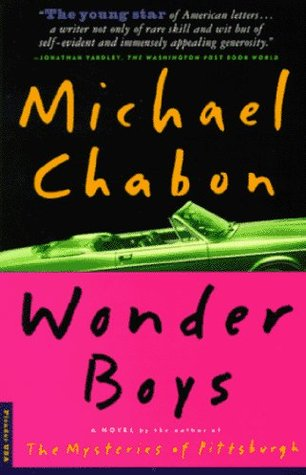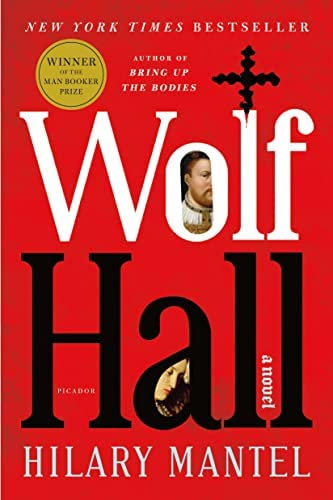Wonder Boys
By Michael Chabon
Wonder Boys was one of my favorite movies in my late teens and early 20s. It features Toby MaGuire,Francis McDormand, Robert Downey Jr. and Michael Douglas. I'd always known it was based on a book, and came across it one day while visiting the library with some students and thought I'd check it out to see how well it conformed to the book.
It turns out, Wonder Boys is an ideal example of what people mean when they say a book is "cinematic". From what I could tell, the screenwriters of the movie barely had to change a thing. The dialogue, the scenes, the setting -- it was all there in the book. It was, in fact, just like watching the movie again. There were, of course, small differences. Grady Tripp's physique -- he's no small, svelte Michael Douglas in the book -- is one. We also learn much more about Grady's future-former wife, Emily, who, it turns out, is adopted, from Korea, into a Jewish family that moved full time out into the Pennsylvania countryside after the patriarch's retirement.
I do wish I'd come across Chabon's book first. I think I would have liked it a lot. And it would have allowed me to create pictures of the characters in my head. As it was, all I could picture were Michael Douglas, Robert Downey Jr., Frances McDormand, and Toby MaGuire. All well. I need to read more Michael Chabon.


